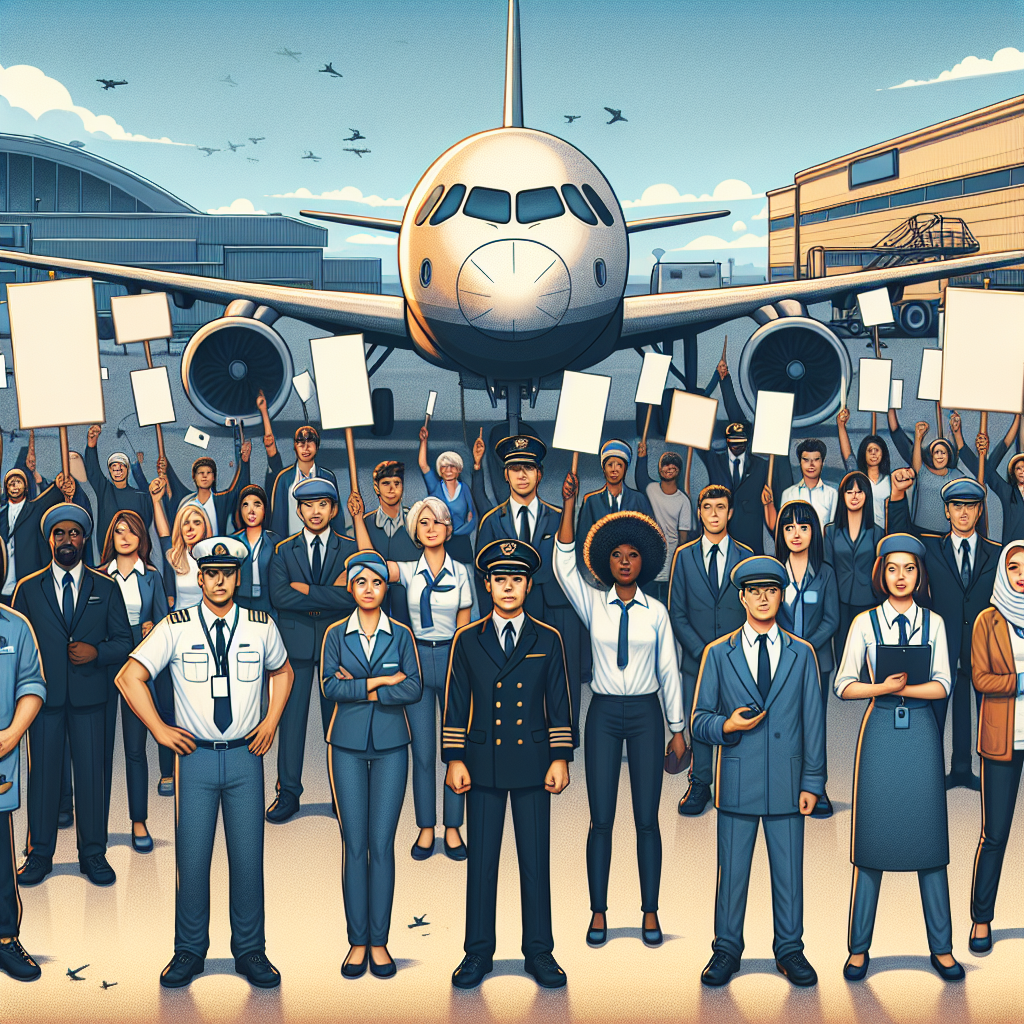Canada Moves to Resolve Air Canada Strike Through Arbitration
The Canadian government sought to resolve a strike by Air Canada's cabin crews through binding arbitration, following fierce opposition from unionized flight attendants. The strike began after stalled contract negotiations, impacting thousands of flights and passengers. The government aims to mitigate economic repercussions from the impasse.

The Canadian government has intervened in an ongoing strike by Air Canada's cabin crew, opting for binding arbitration to resolve the dispute. The decision comes after flight attendants began their first walkout since 1985, prompting the cancellation of nearly 700 flights and affecting over 100,000 travelers.
The strike focuses on compensation issues, particularly payment for time spent on the ground. The government's move, led by Jobs Minister Patty Hajdu, aims to prevent further economic disruption. However, the union has expressed displeasure, citing concerns over potential bias in arbitration, given the chairperson's past ties to the airline.
While the government emphasizes the need for swift resolution to protect the economy, the union seeks wage parity with other carriers. The Canadian Chamber of Commerce supports the arbitration move, highlighting the need to address the standstill due to its broader economic implications.










